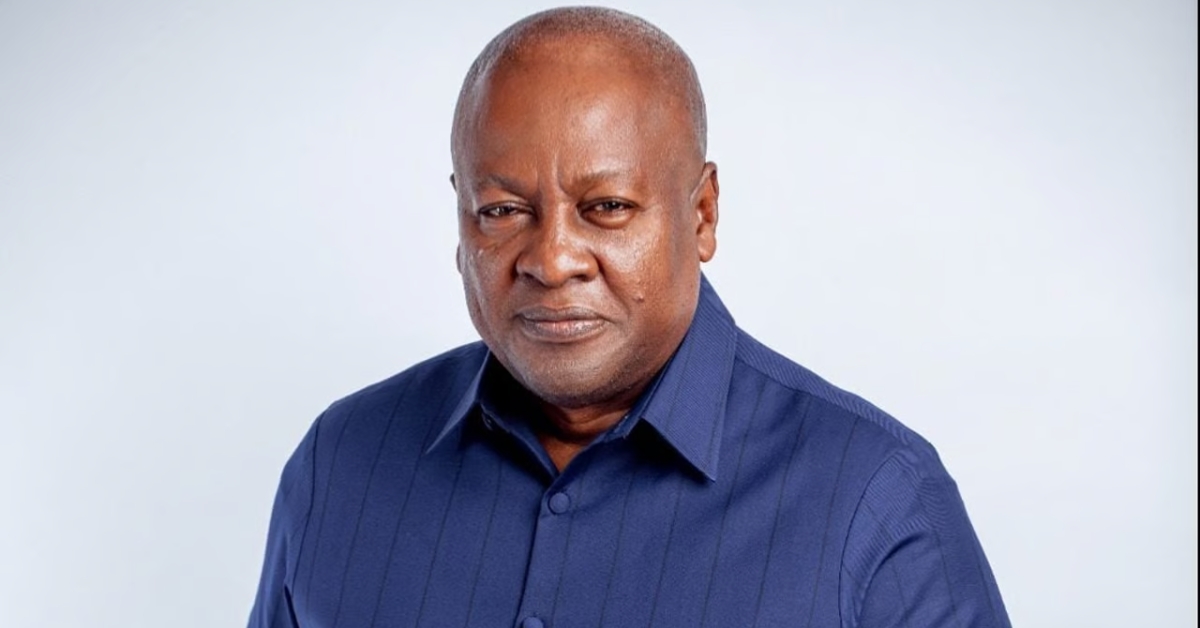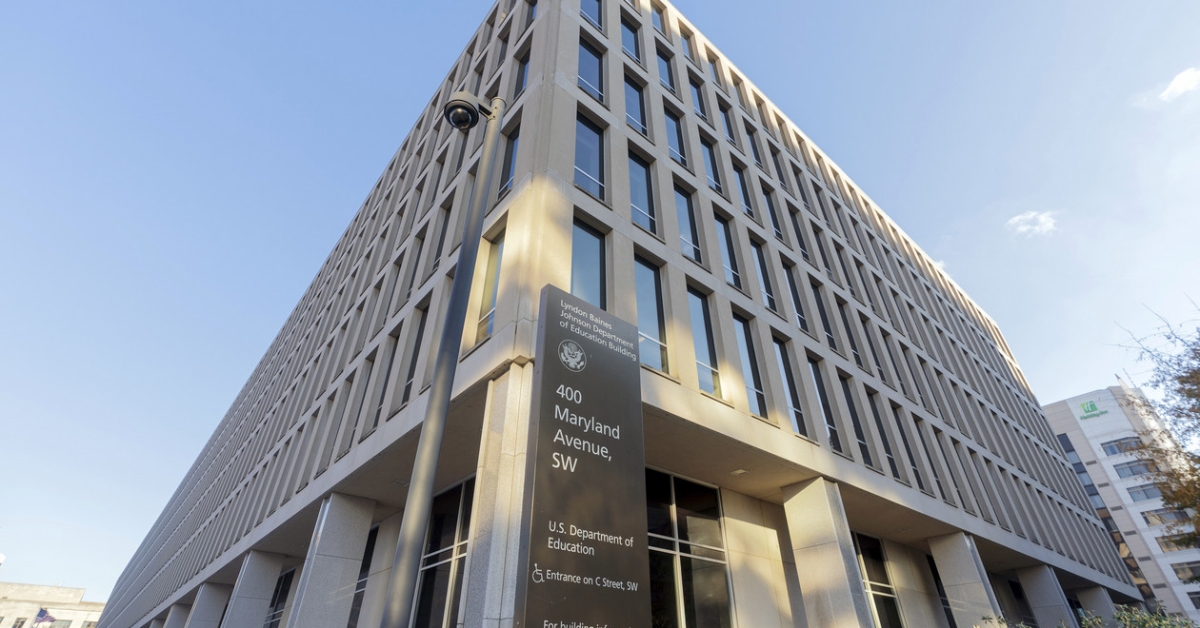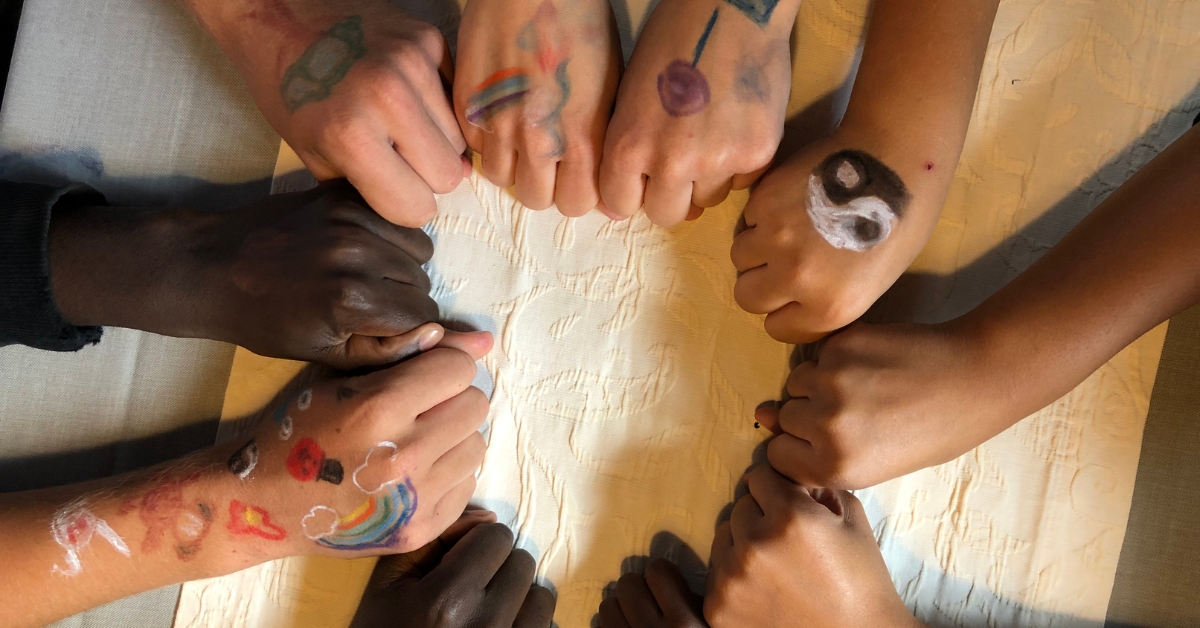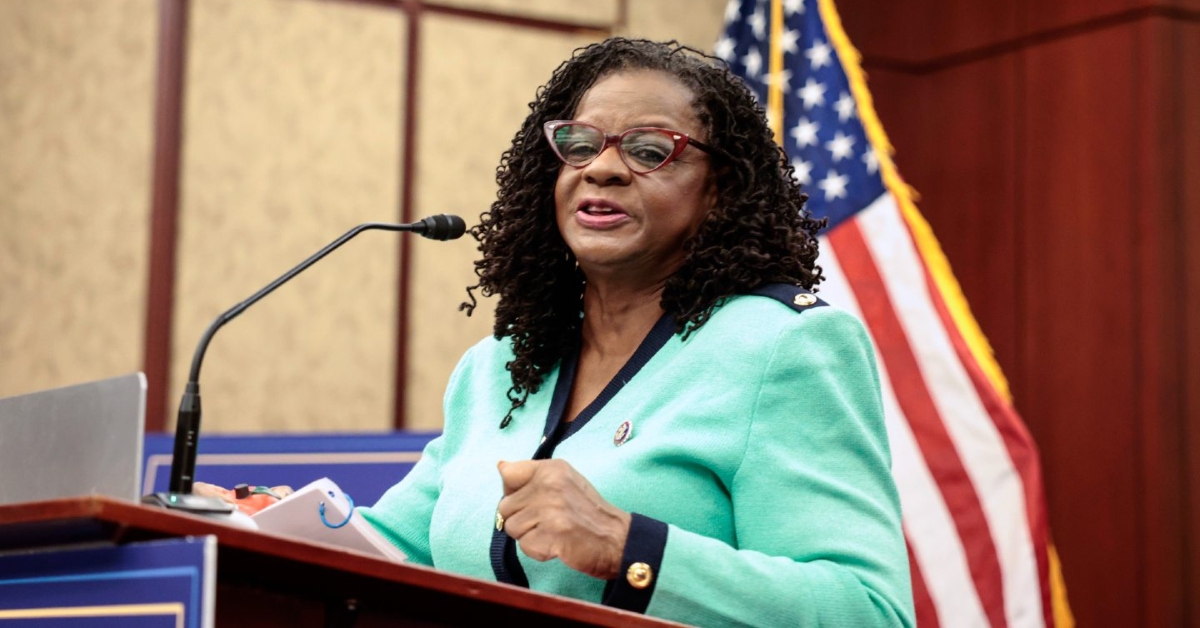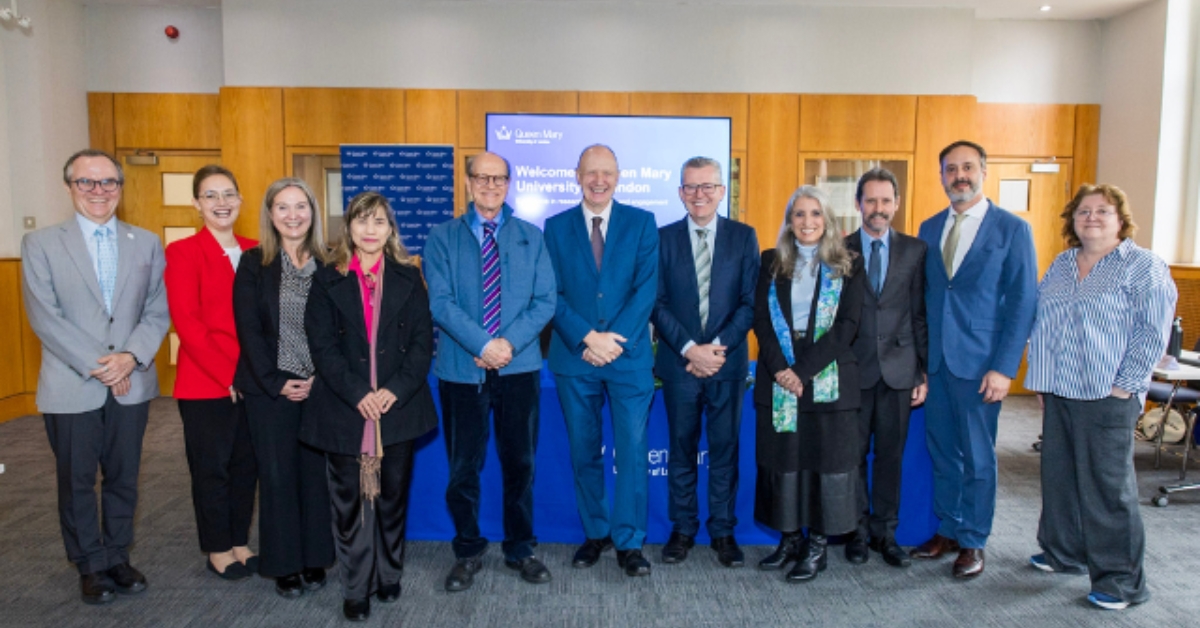Former President John Mahama’s vision for free tertiary education empowers persons with disabilities in Ghana and promotes equality and inclusion.
Table of Contents
In Ghana, education is more than just a pathway to knowledge—it is a vital tool for empowering individuals, especially persons with disabilities, to reach their full potential.
Inclusive education allows these individuals to learn, grow, and contribute to society.
Access to quality education remains challenging due to financial barriers, inaccessible facilities, and societal biases.
However, initiatives that promote inclusive education are beginning to change the landscape.
Education for persons with disabilities is not just about academic achievement; it fosters independence, enhances self-esteem, and allows individuals to contribute meaningfully to their communities.
In Ghana, where challenges remain for equitable access, inclusive education is the key to breaking the cycle of marginalization.
Mahama’s Vision for Free Tertiary Education
Former President John Dramani Mahama is leading efforts to make education accessible to all, including people with disabilities.
His vision for free tertiary education for people with disabilities is a groundbreaking initiative that aims to remove the financial barriers that prevent many from pursuing higher education.
By offering free access to tertiary education, Mahama’s plan ensures that individuals with disabilities can achieve their academic and career goals without financial strain.
For many in Ghana, higher education costs are a significant obstacle. This is particularly true for persons with disabilities, who often face additional expenses related to healthcare and accessibility.
By eliminating tuition costs, Mahama’s initiative encourages individuals to pursue higher education, empowering them to gain the skills they need to succeed in the workforce and advocate for their rights.
Creating Inclusive Classrooms in Ghana
The benefits of inclusive education extend beyond individuals with disabilities.
Integrating students with disabilities into mainstream classrooms fosters an environment of understanding, empathy, and acceptance.
In Ghana, where some educational access can be limited, promoting inclusive classrooms helps bridge the gap between different communities and encourages a culture of diversity.
Incorporating students with disabilities into mainstream education enriches their educational experience and benefits their peers.
It allows all students to learn from one another and fosters a shared respect and appreciation for diversity.
As Ghana continues to build its educational infrastructure, ensuring that schools are accessible and inclusive is critical to fostering a more equitable society.
Investing in the Future of Ghana through Inclusive Education
Investing in inclusive education is about more than helping individuals with disabilities—it is about building a more inclusive society.
In Ghana, where development and growth are top priorities, providing educational opportunities for all, regardless of ability, is crucial.
Persons with disabilities bring unique perspectives and talents that can contribute to national progress.
By ensuring that everyone has access to quality education, Ghana can tap into the potential of all its citizens, promoting economic growth and social progress.
John Mahama’s vision for free tertiary education is a step in the right direction.
However, more efforts are needed to ensure that inclusive education is available at all levels, from primary to tertiary.
Conclusion: A Brighter Future for Inclusive Education in Ghana
As Ghana continues to develop, the need for inclusive education becomes even more critical.
John Mahama’s initiative to provide free tertiary education for persons with disabilities is essential to creating an equitable education system.
However, to achieve true inclusivity, ongoing efforts must address physical, social, and economic barriers that prevent individuals from accessing education.
Inclusive education is not just a benefit for individuals with disabilities—it enriches the entire nation.
By empowering all Ghanaians to learn, grow, and contribute, Ghana can build a future where everyone has the opportunity to thrive.
Trivia
Did you know that Ghana was one of the first African countries to ratify the UN Convention on the Rights of Persons with Disabilities, committing to improve education and accessibility for persons with disabilities?
